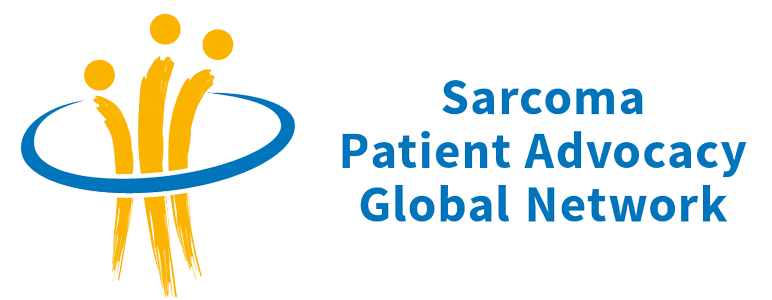Soft Tissue Sarcomas


Soft tissue sarcomas often form in the body’s muscles, joints, fat, nerves, deep skin tissues, and blood vessels. They commonly affect the arms, legs and trunk, with the most frequent location being the limbs. Another significant proportion of cases are within the body – in the abdominal space, behind the retroperitoneum or in the female reproductive system.
Die häufigsten Weichgewebesarkome bei Erwachsenen
| Leiomyosarcoma | 15-25% |
| Liposarkome | 10-15% |
| Undifferenzierte pleomorphe Sarkome ohne sonstige Spezifizierung (MFH = Malignant Fibrous Histiocytoma) |
15-25% |
| Synovialsarkome | 6-10% |
| GIST | 3-5% |
| Maligner peripherer Nervenscheidentumor (MPNST) | 3-5% |
| Fibrosarkome | 2-3% |
| Angiosarkome | 2-3% |
| Rhabdomyosarkome | ~ 2% |
| Endometriale Stromasarkome | 1-2% |
| Epitheloide Sarkome | ~ 1% |
| Klarzellsarkome | ~ 1% |
| Alveoläre Weichsteilsarkome | ~ 1% |
| Solitäre fibröse Tumoren (SFT) | ~ 1% |
| Desmoide/ Aggressive Fibromatose | < 1% |
| Dermatofibrosarcoma protuberans | < 1% |
Die Ursache für die Entstehung der meisten Weichgewebesarkome ist unbekannt. Es wurden jedoch einige Risikofaktoren identifiziert: Dazu gehören genetische Veranlagung, Strahlenbelastung und der Kontakt mit Chemikalien (z. B. Unkrautvernichtungsmitteln und Chlorphenolen).
